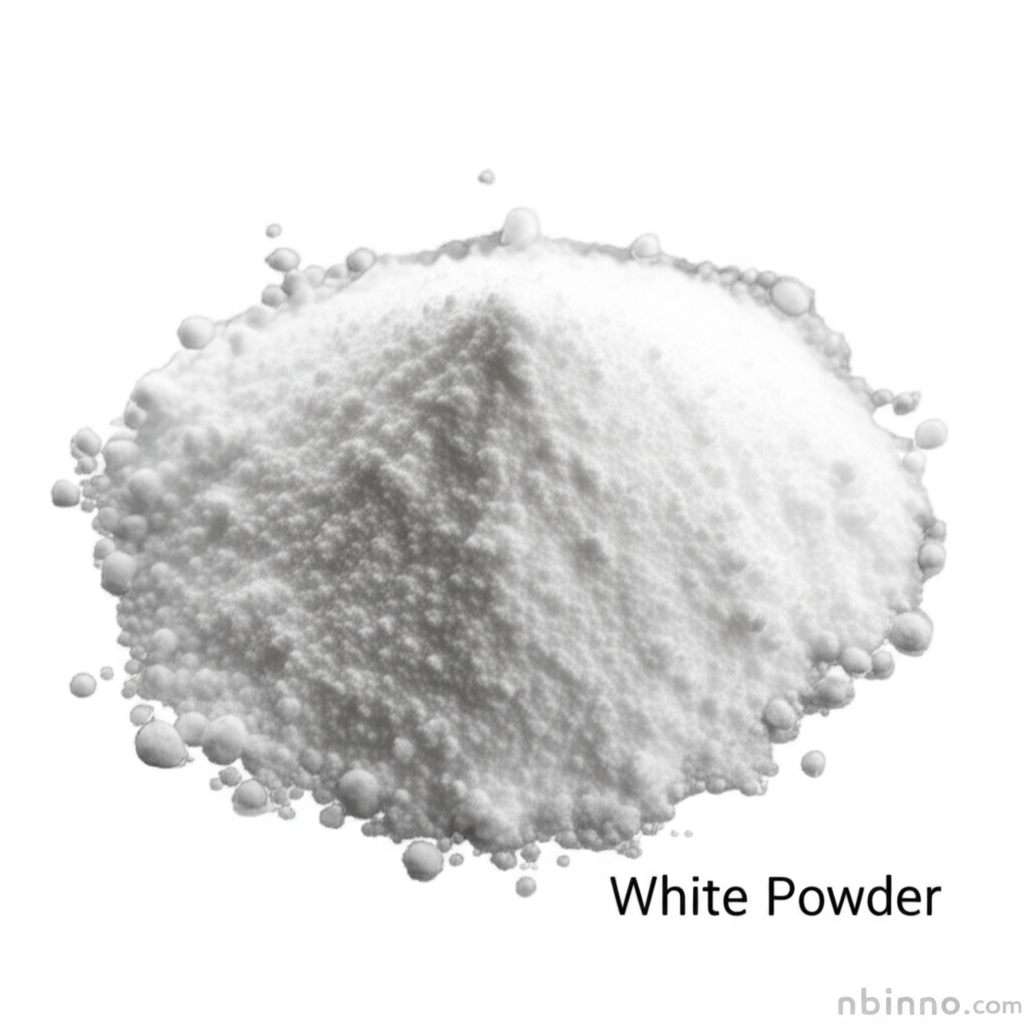Sodium P-Styrenesulfonate (SSS) CAS 2695-37-6: Enhancing Polymers and Textiles
Discover the power of SSS for advanced material applications and improved industrial processes.
Get a Quote & SampleProduct Core Value

Sodium P-Styrenesulfonate
Sodium p-styrenesulfonate (SSS), with CAS number 2695-37-6, is a highly pure chemical compound instrumental in a wide array of industrial sectors. Its primary utility lies in its ability to modify polymers and enhance the properties of various materials.
- Explore the versatile uses of sodium p-styrenesulfonate, particularly as a key component in preparing dyeing modifiers for polypropylene and acrylic fibers.
- Understand the critical role of SSS as a reactive emulsifier, offering excellent stability and water resistance in chemical formulations.
- Learn how this styrene sulfonate monomer acts as an effective antistatic agent for nylon, recording paper, and polyester, preventing charge build-up.
- Investigate its applications in synthesizing water-soluble polymers, including flocculants and cosmetic dispersants, unlocking new material possibilities.
Advantages of Using SSS
Enhanced Fiber Dyeing
As a crucial dyeing modifier for polypropylene and acrylic fibers, sodium p-styrenesulfonate ensures uniform and vibrant coloration, significantly improving the dyeing performance of synthetic materials.
Improved Emulsification Processes
The reactive emulsifier properties of SSS provide good stability and water resistance, making it an indispensable ingredient in emulsion polymerization and other industrial processes where stable emulsions are required.
Effective Static Control
Leverage the antistatic agent capabilities of sodium p-styrenesulfonate for materials like nylon and polyester, preventing static discharge and enhancing product safety and performance.
Key Applications
Textile Industry
Utilized as a dyeing improver for fibers like propylene and rayon, enhancing their interaction with dyes and improving the overall dyeing quality.
Polymer Synthesis
Functions as the third monomer in acrylic fiber production and as a key component in water-soluble polymers such as flocculants and cosmetic dispersants.
Electronics and Membranes
Applied in artificial physiological membranes, industrial dialysis membranes, battery separators, and as a plating gloss agent, demonstrating its utility in high-tech fields.
Specialty Chemicals
Broad applications including photosensitive chemicals, microcapsules, electronic photography developers, and as an antistatic agent for plastics and paper.
